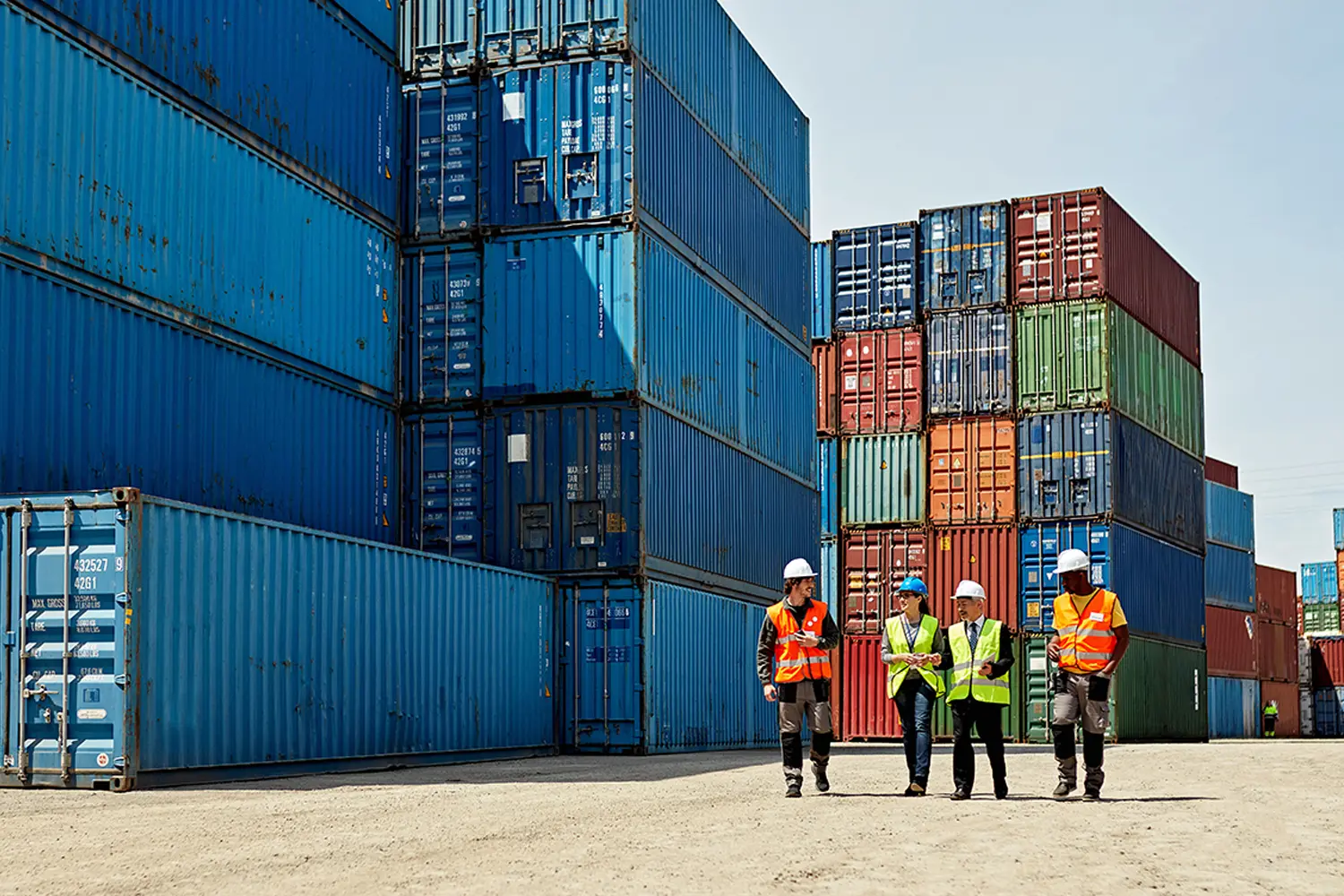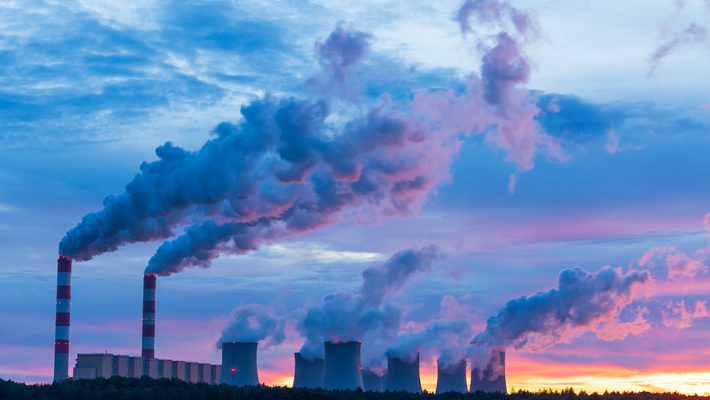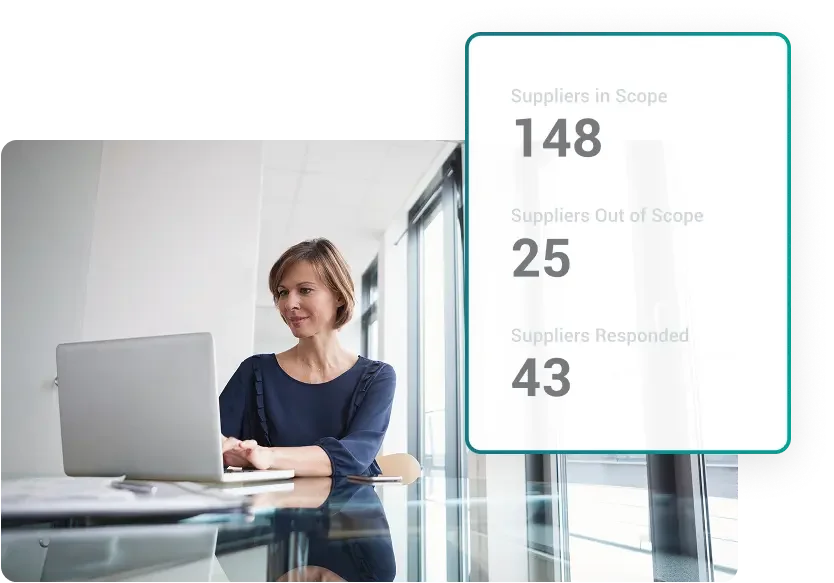This article provides insights and best practices to deal with any tariffs affecting materials from your supply chain. It does not discuss the specifics of individual tariffs, as the current tariff landscape is constantly evolving.
When the National Association of Manufacturers surveyed its members earlier this year, trade uncertainty was far and away the top concern. Approximately 76% of industry respondents cited it as their major growth challenge, up 20% from the end of 2024. In the same report, manufacturers estimated they’d see their raw material and other input costs rise over 5% over the next year.
Global trade in 2025 is the embodiment of uncertainty. Manufacturers are facing unprecedented global tariffs, and the goalposts are changing day by day. It’s becoming more difficult to know how much materials will cost and how supply chains will be affected.
There’s a lot to unpack, but let’s cut to the chase: To protect your margins, take advantage of the opportunity for tariff exclusions, and be ready for whatever comes next, you need defensible supply chain data. And Assent can help you get it.
Assent’s experts have been guiding manufacturers through the complexities of country of origin data, tariffs, free trade agreements, and raw material sourcing for decades. And even though there are many new tariffs, the methodology is the same as ever. This article will break it all down for you so you can act confidently and grow your business, even when the market feels uncertain.
Tariffs Aren’t New & Neither Is Supply Chain Due Diligence
First, a little history lesson.
A butterfly once flapped its wings many years ago, and the winds are still being felt today. After World War II, the U.S. government began strategically stockpiling metals, recognizing that the nation needed to be more self-reliant to weather future storms.
But once the drums of war had died out, it wasn’t as profitable to be on the supplier side of business. The government opened up free trade to let American businesses source materials wherever they saw fit, in an effort to reduce overall production costs. Access to the global market and raw materials from around the world caused businesses to boom, but it also resulted in offshoring in many sectors and a reliance on global materials.
Fast forward to today: Tariffs are being introduced to encourage manufacturing to reshore back to the U.S. But you can’t put the genie back in the bottle that easily or quickly. Some of the biggest manufacturers in the U.S. depend on certain raw materials that simply aren’t available domestically (think the cobalt used in batteries across so many different products). And that means tariffs are a game-changer, even for companies that operate and manufacture goods on U.S. soil.
For example, Section 232 tariffs cover aluminum and steel imports with 200% duties if you’re not able to identify the country of smelt, melt, cast, or pour. That’s some serious bottom line impact. For more information on Section 232 compliance, read our article, “How to Prepare for Section 232 Tariffs”.
However, before the wave of 2025 tariffs were even announced, most manufacturers were already in scope of several trade regulations that affect where they can safely and cost-efficiently source materials from. Free trade agreements require manufacturers to know harmonized tariff schedule (HTS) codes when moving goods across borders, and regulations like the Dodd-Frank Act Section 1502 require companies to track and disclose the movement of certain minerals throughout their supply chains, down to the country of origin (COO).
Here’s what all of that means: Manufacturers should already have a process for trade compliance, and if they don’t have one yet, they should follow the standard operating procedure. There’s no need to reinvent the wheel.
If you aren’t sure where to start, Assent can help. We have a comprehensive supply chain solution that covers COO and HTS data, along with other sourcing concerns. Plus, our experts have decades of experience building due diligence programs for global companies with complex supply chains. We already have a roadmap for navigating tariff twists and turns, and we’re here to help guide your programs.
Why Supply Chain Data Is Your Secret Weapon
So why is COO data (and supply chain due diligence data) critical right now? Can it actually do anything for your business beyond highlighting where you might be at risk for disruption and higher prices?
Yes! Here’s what most manufacturers overlook: Tariff carveouts and exclusions are available, but only to those with data.
For example, the U.S. government has been open to granting exclusions on tariffs enacted under Section 232 of the Trade Expansion Act (which allows the president to impose tariffs) for companies with the data to back up their case. To date:
- Over 150,000 exclusions have been requested
- 70% of exclusion requests for steel were approved
- 77% of requests for aluminum were approved
The International Trade Association’s substantial transformation rule could also help you secure preferential tariff rates, saving you money. It means that if your product has parts from several different countries, and the product as a whole undergoes a fundamental change in form, nature, value, or character, the COO may be determined by the sum of its parts. Again, you can only take advantage of this rule if you know the origin of each part.
Securing an exclusion or better tariff rate is an art, not a science. It’s all about how you present your data. The winners in the current trade climate are the businesses that have defensible and clear supply chain data — including COO, HTS codes, net value of goods, and applicability to free trade agreements. Organizations without a supply chain data system can’t provide the economic analysis needed to argue for exclusions, or legitimately increase consumer prices, and it’s their bottom line that takes the hit. When you read about CEOs making appeals at the White House about empty shelves at their American retail stores, it’s partly because they don’t have hard numbers to back them up.
When it comes to supply chain data, Assent is the strategic partner you can trust. Not only do we give you an AI-enhanced platform solution to automate COO and HTS data collection, we have the largest network of supply chain data. Our holistic platform approach to supply chain sustainability includes expert program guidance, software, and supplier education to help you navigate red tape and reduce your costs.
Be Ready for Anything
In a volatile trade landscape, you can either be passive or proactive.
Passive companies end up paying more, swallowing whatever tariff customs officials think is applicable. They don’t know if their goods or materials are eligible for preferential trade agreements, free trade agreements, or exclusions. And they certainly don’t put the effort into collecting the data needed to request exclusions.
On the other hand, proactive companies recognize they have agency, and use the data already in their supply chains to take advantage of those exclusions and trade agreements to save money. They have insight into where potential disruptions might be hiding so they can change suppliers, reshore, or find alternative materials before the competition does.
It’s pretty clear which side you want to be on.
If you’re already working with Assent, you have the foundation to collect the COO and other trade-related data you need to make the coming months and years easier and more affordable. And if you’re not partnering with us (yet), this is your sign to kickstart your supply chain due diligence program now.
Get in touch with us to speak with an expert who can help. If you’re already partnered with Assent, contact your customer success representative.
FAQ: Navigating Tariffs and Trade Compliance
Tariffs for manufacturers are shifting rapidly, making it harder to plan, price, and protect profit margins. These FAQs explain how to manage trade compliance, use supply chain data strategically, and stay ahead of tariff risks.








